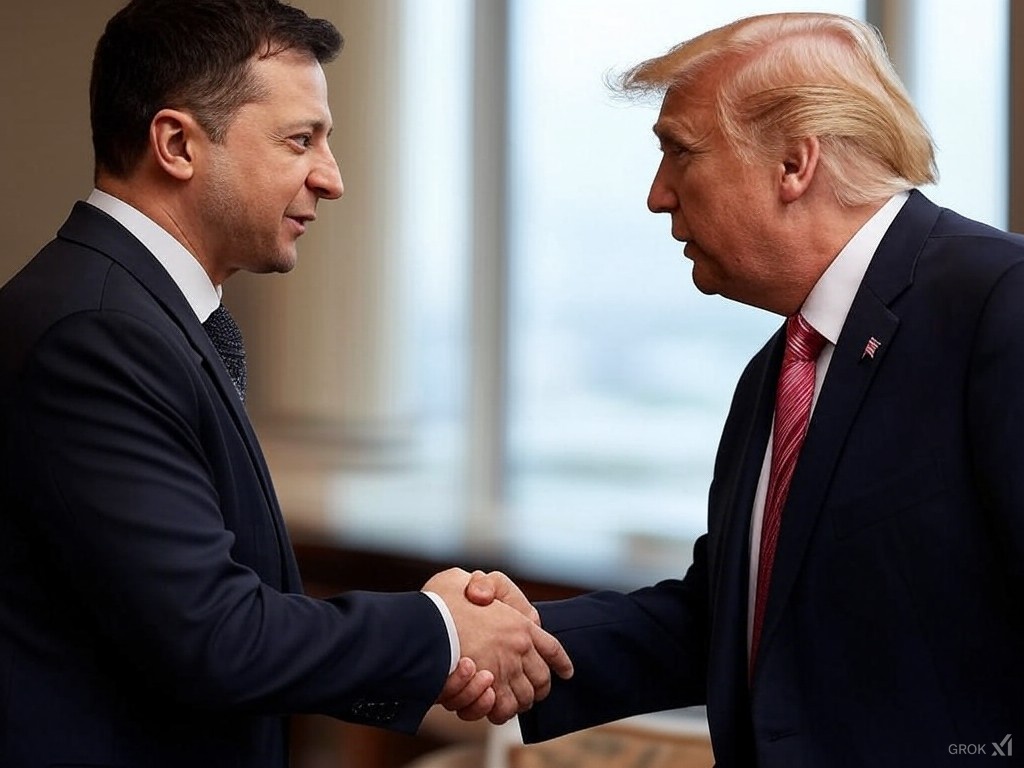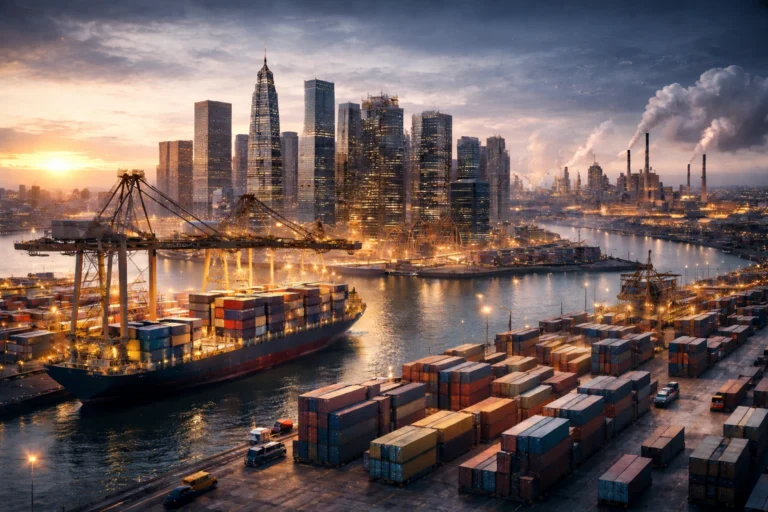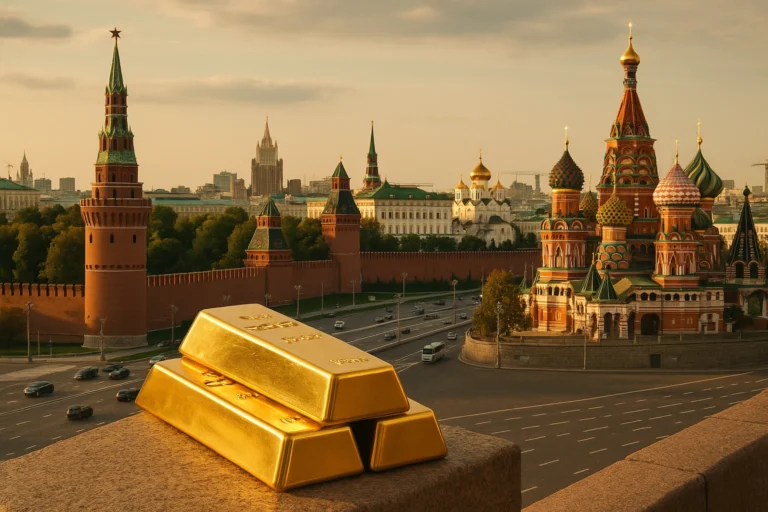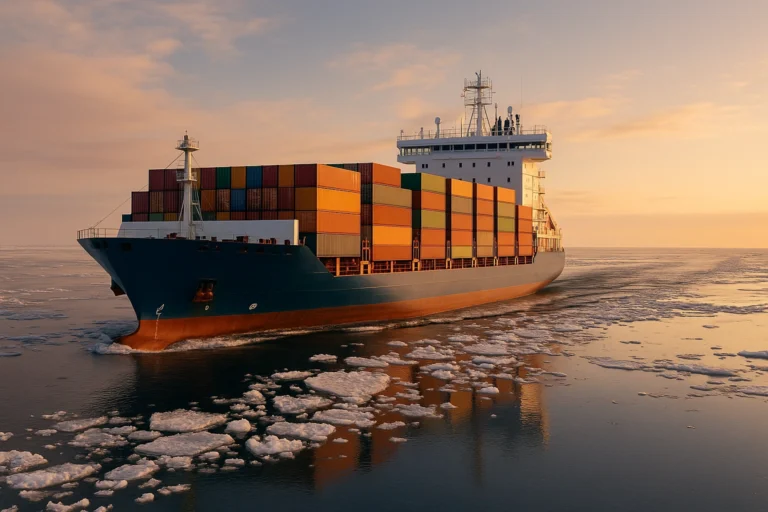
Trump administration’s 2025 election proposal risks destabilization but opens avenues for Russian, Chinese, and Western firms in defense, energy, and agriculture.
The Trump administration’s push for Ukraine to hold elections amid war has sparked a geopolitical tug-of-war, with Kyiv resisting over security concerns and global firms eyeing economic opportunities. While Western defense and tech companies could gain from stability efforts, Russian and Chinese enterprises are poised to capitalize on post-ceasefire trade and infrastructure demands.
Key Developments
U.S. Special Envoy Keith Kellogg insists Ukraine must hold elections by late 2025 to reinforce democratic legitimacy, despite martial law restrictions. President Zelenskiy demands NATO security guarantees, including peacekeepers, while Russia’s Putin claims the Ukrainian leader lacks authority to negotiate. Meanwhile, China calls for “balanced diplomacy,” hinting at potential reconstruction partnerships.
Political Analysis
The U.S. plan links elections to a phased ceasefire, but Kyiv warns of Russian sabotage and military desertions if martial law lifts. Zelenskiy’s administration highlights Moscow’s history of hybrid warfare, including cyberattacks and disinformation, as risks to electoral integrity. Western allies remain divided on peacekeeper deployment, while China quietly positions itself as a mediator, leveraging its economic ties to both Moscow and Kyiv.
Historical context sharpens tensions: Ukraine’s 2019 election saw Zelenskiy win a landslide, but post-invasion polls are fraught. A 2023 survey found 82% of Ukrainians oppose wartime voting, contrasting with Russia’s 2024 election in annexed regions, deemed illegal by the UN.
Economic Analysis
The proposal carries high stakes for Ukraine’s economy, sustained by martial law measures like capital controls and conscription. Easing restrictions could trigger hyperinflation or labor shortages but might unlock sectoral opportunities for global players:
Western Firms
- Defense contractors like Lockheed Martin and Raytheon could secure contracts to harden election infrastructure.
- Cybersecurity firms CrowdStrike and Palo Alto Networks may protect voter systems from hacking.
- Agricultural traders Cargill and Louis Dreyfus anticipate resumed grain exports if Russia lifts its Black Sea blockade.
Russian Companies
- Energy giants Gazprom and Rosneft could lobby for revived gas transit deals through Ukraine, critical to EU markets, if sanctions ease post-ceasefire.
- Rostec, a state defense conglomerate, might exploit demilitarized zones for reconstruction contracts in Russian-occupied territories.
- Agricultural firm Rusagro could expand into Ukrainian markets if Moscow negotiates trade concessions.
Chinese Firms
- Infrastructure titans China Road and Bridge Corporation and PowerChina are eyeing post-war rebuilding projects, leveraging Beijing’s Belt and Road Initiative partnerships.
- Tech giant Huawei could bid on 5G network contracts in Ukraine, building on existing telecom deals with Russia.
- State grain trader COFCO might access Ukraine’s fertile farmlands, competing with Western agribusinesses.
Risks & Uncertainties
Global firms face hurdles: Western companies must navigate sanctions on Russian entities, while Chinese and Russian firms risk backlash if seen as exploiting Ukraine’s fragility. Currency volatility, regulatory gaps, and security threats further complicate investments.
Quick Insights
- U.S. emphasizes democracy but overlooks Kyiv’s economic fragility.
- Russian and Chinese firms gain footholds through energy, infrastructure, and trade.
- Ukraine’s $40 billion budget strains under election logistics and defense costs.
Regional Spotlight
- Ukraine: 30% of infrastructure destroyed; $14 billion needed for 2024 recovery (World Bank).
- Russia: Energy exports fund 40% of federal budget despite Western sanctions.
- China: Invested $2 billion in Ukrainian infrastructure pre-war; seeks post-conflict influence.
What’s Next
- NATO may formalize security pledges to attract private-sector investments.
- Russia could push for sanctions relief in exchange for ceasefire compliance.
- China might broker reconstruction deals, balancing ties with Moscow and Kyiv.



